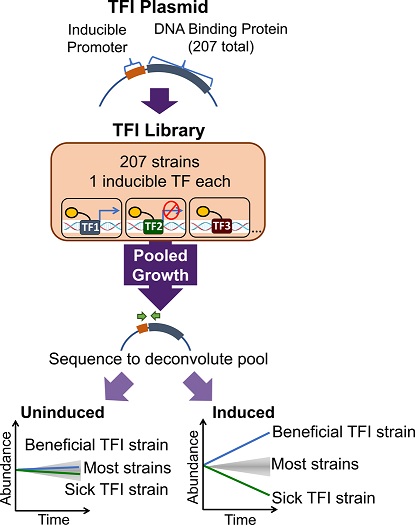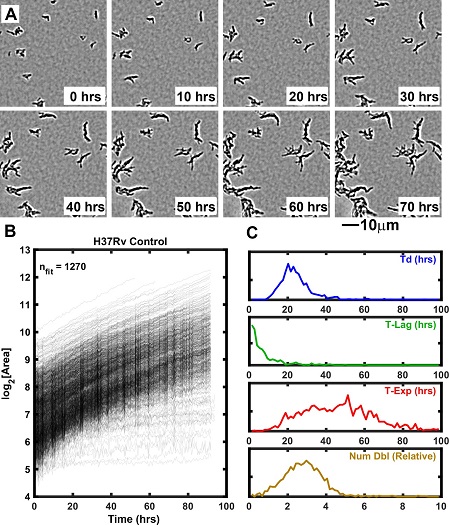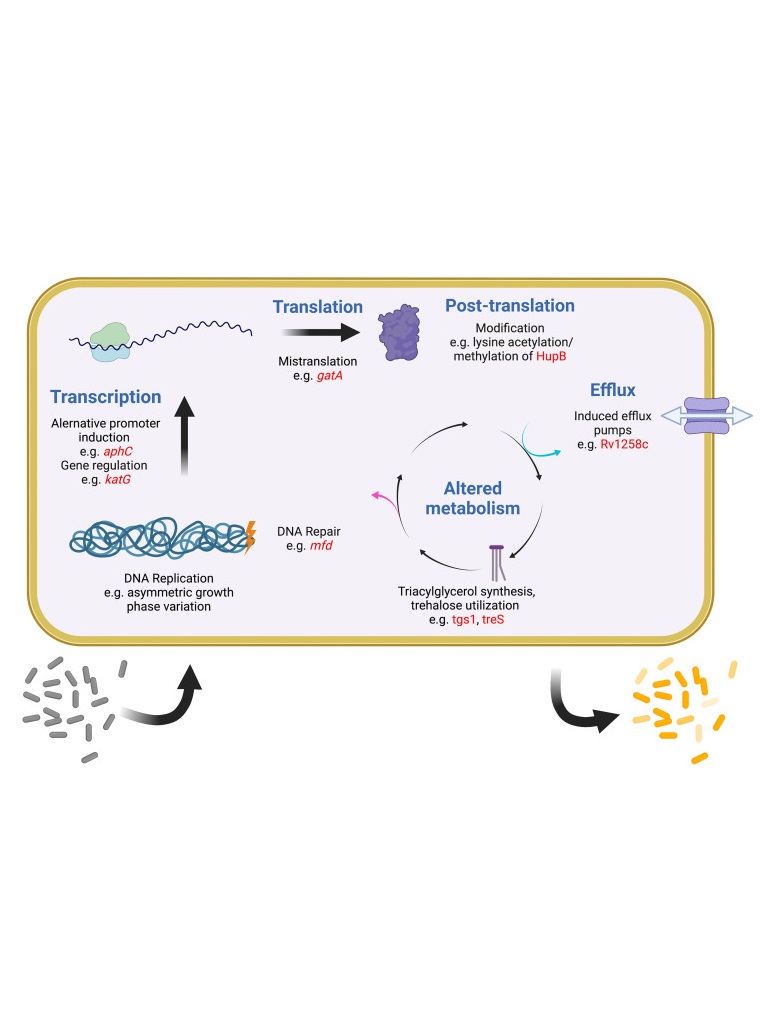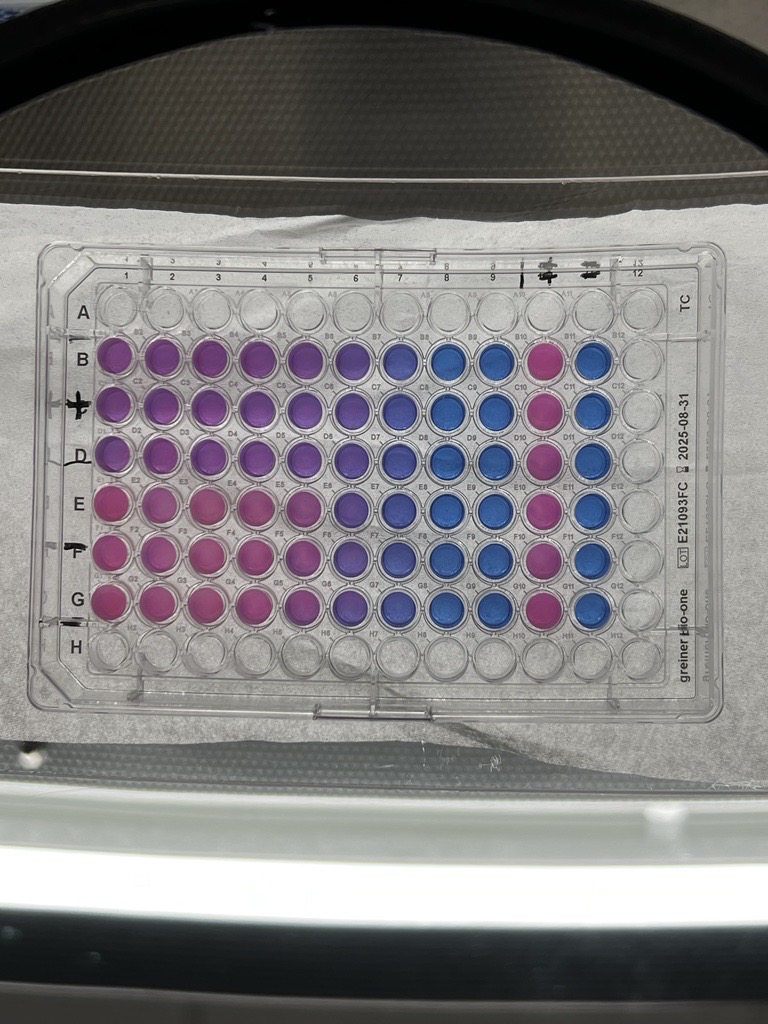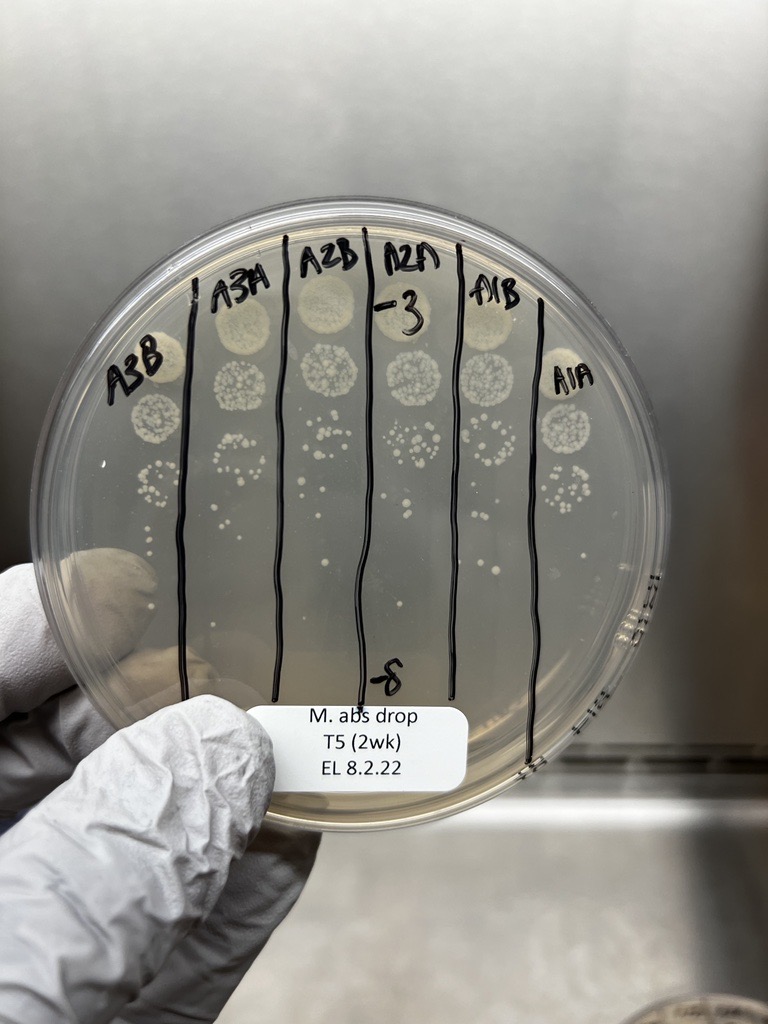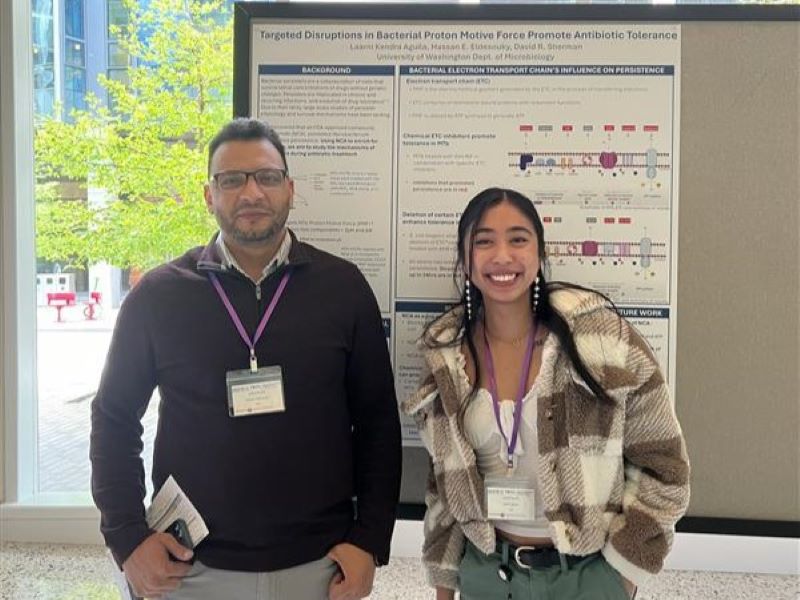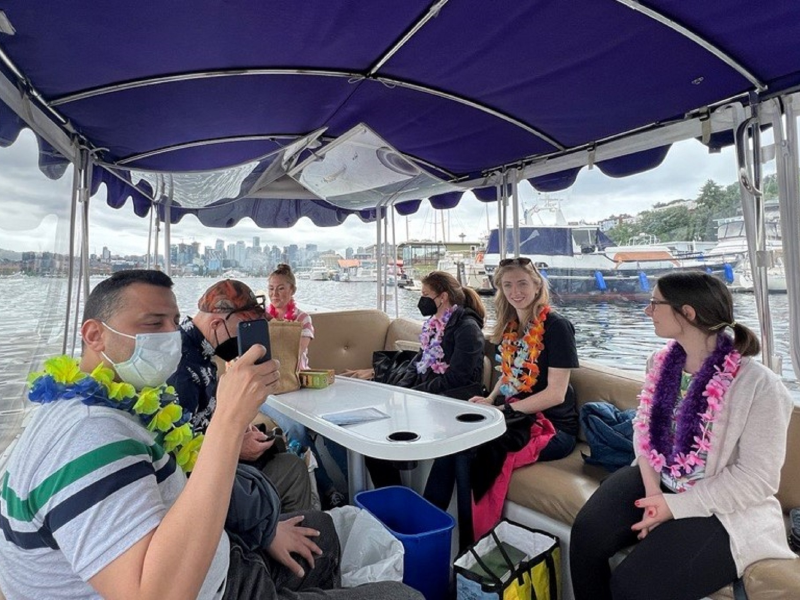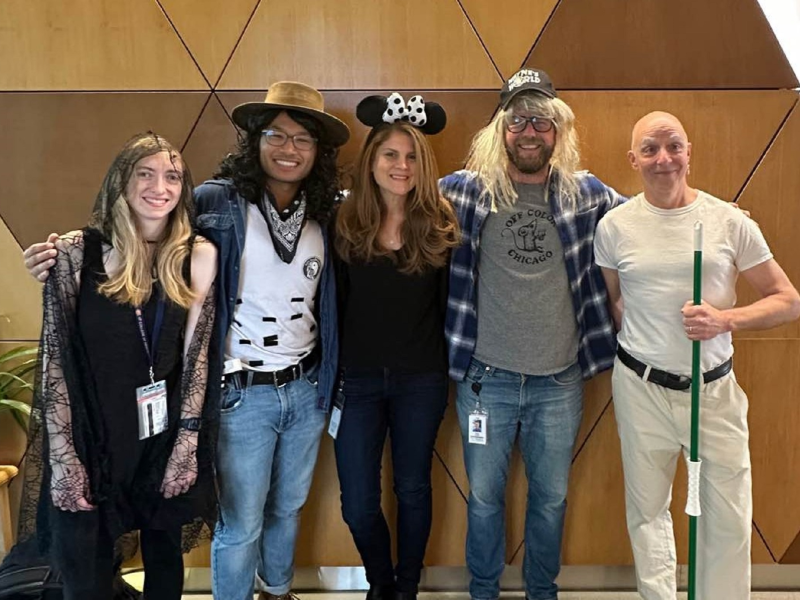David Sherman
David Sherman
Gene Regulatory Networks:
Throughout the infection cycle, there is an intricate dance between humans and the tuberculosis bacterium. The bacteria manipulate host responses, while those same responses feedback and alter the environment in which TB resides. Understanding how TB senses and responds appropriately in this dynamic landscape is critical to our ability to design interventions that disrupt the chain. There are nearly 200 control proteins, transcription factors, that coordinate the timing and expression of all genes in M. tuberculosis; however, in part due to the incredible complexity of the system, understanding how these transcription factors operate has been a major challenge. Using and developing cutting edge systems biology approaches, work in the Sherman lab has illuminated how the bacterium senses its environment and parlays that information into an appropriate response. This work has resulted in several publications and has generated novel hypotheses for more effective types and combinations of drug treatments.
Antimicrobials:
Other projects in the Sherman lab are focused on the identification of novel drugs, drug targets, and novel ways to combine existing agents. In highly interdisciplinary studies grounded in gene regulatory networks and involving microbiologists, computational biologists, structural biologists, and chemists, the lab is exploring novel ways to kill TB and other pathogenic mycobacteria.
Personal Bio:
David Sherman is a Professor and Department Chair of the Department of Microbiology in the University of Washington School of Medicine in Seattle. He earned his PhD in Biochemistry from Vanderbilt University, and performed post-graduate work at the Rockefeller University and at Washington University in St. Louis. His laboratory studies the molecular genetics, systems biology and pathogenesis of M. tuberculosis, and is also engaged in drug discovery efforts for this important pathogen. Dr. Sherman played a lead role in the discovery and early development of the anti-TB agent pretomanid. In addition, his laboratory defined the mutation responsible for attenuation of the world’s most widely used vaccine, BCG. On a personal level, Dr. Sherman routinely leaps tall buildings in a single bound and completes 60-minute gourmet recipes in under 40 minutes. Children and dogs love him. He is far too modest to take pleasure from the fact that you are reading about him right now.
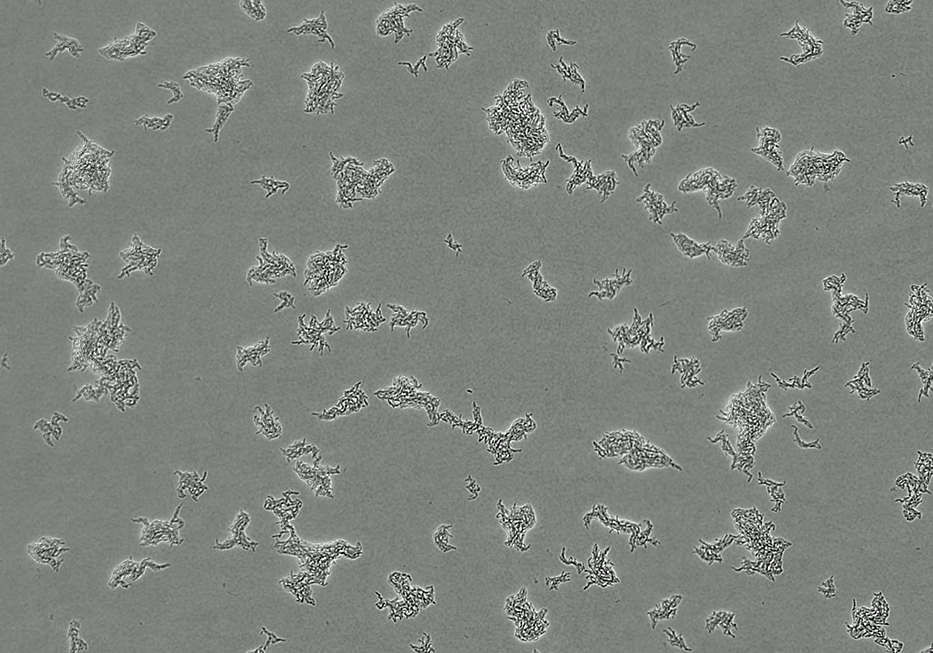
Why Mycobacterium tuberculosis?
Few infectious diseases in history have had the intimate, long-term association with humans and the profound global impact of tuberculosis (TB). Today, there are nearly 16 million active cases of TB causing 1.4 million deaths annually, and the World Health Organization estimates that roughly 25% of the world population (1.8 billion people) carries tuberculosis. The Sherman lab uses the tools of systems biology to discern the interworking's of this bacterium. In addition we contribute to developing novel drugs, diagnostics, and vaccines to combat this devastating disease.
Take a look at some of our current projects!
